Are you tired of hosting events that are not well-attended? Have you struggled to use social media and online searches for planning and executing events? At R Marketing Department, we specialize in event planning and helping you launch your new business, product, or open house. Our team of experts travels across the United States to help small business owners gain momentum in their given markets.
Planning and executing events can be daunting, but with the right strategies in place, you can create experiences that leave a lasting impact. From selecting the perfect venue to designing a captivating program, we will walk you through each step of the process. Our experts will share their insights on creating memorable themes, coordinating logistics, and managing tight budgets.

The Importance of Event Planning
Event planning is more than just throwing a party or gathering people together. It requires careful consideration and meticulous attention to detail. Successful events are the result of thorough planning and execution. They leave a lasting impression on attendees and achieve their intended objectives.
One of the primary reasons event planning is crucial is that it helps define the purpose and goals of the event. You can tailor the event to meet those specific needs by understanding the objectives. Effective event planning ensures that all aspects align with the desired outcomes, whether launching a new product, raising funds for a cause, or celebrating a milestone.
Proper event planning enables you to anticipate and mitigate potential risks and challenges. It allows you to identify potential issues and develop contingency plans to address them. A proactive approach helps minimize disruptions during the event and ensures a smooth experience for both organizers and attendees.
Event planning allows you to create a cohesive and memorable experience for your attendees. You can leave a lasting impression on your guests by carefully curating the program, selecting a suitable theme, and incorporating engaging activities. Planning also helps you manage the event flow, ensuring that each segment transitions seamlessly and engages attendees.
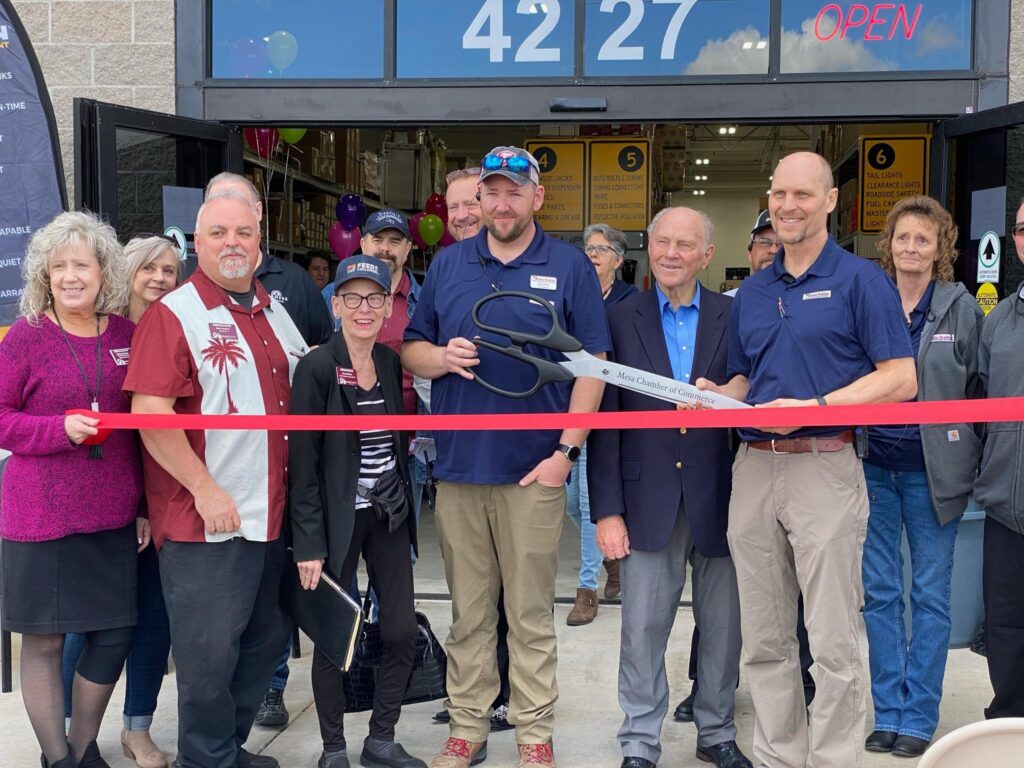
Understanding Event Objectives and Target Audience
Before diving into the logistics of event planning, you must clearly understand your event objectives and target audience. The objectives will guide your decision-making process and help you align all event elements toward a common goal.
Start by asking yourself what you want to achieve with the event. Are you looking to educate, entertain, or inspire your audience? Are you aiming to raise awareness, generate leads, or drive sales? Defining your objectives will help you choose the event format, venue, and promotional strategies.
Once you have established your objectives, it’s time to identify your target audience. Who do you want to attend your event? Understanding your audience’s demographics, interests, and preferences will enable you to tailor the event experience to their needs. This knowledge will also influence decisions regarding the event theme, program, and even the choice of speakers or performers.
Market research and audience analysis can provide valuable insights into your target audience. Surveys, focus groups, and social media analytics can help gather information about their preferences, expectations, and pain points. With this knowledge, you can design an event that resonates with your attendees and leaves a lasting impact.

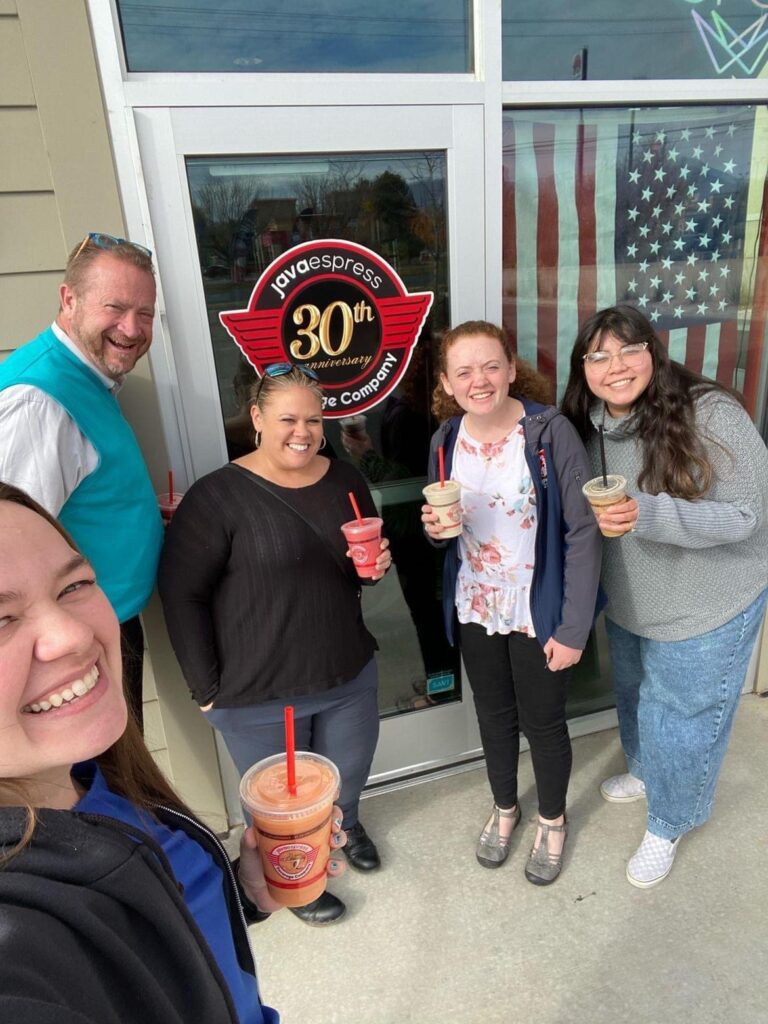
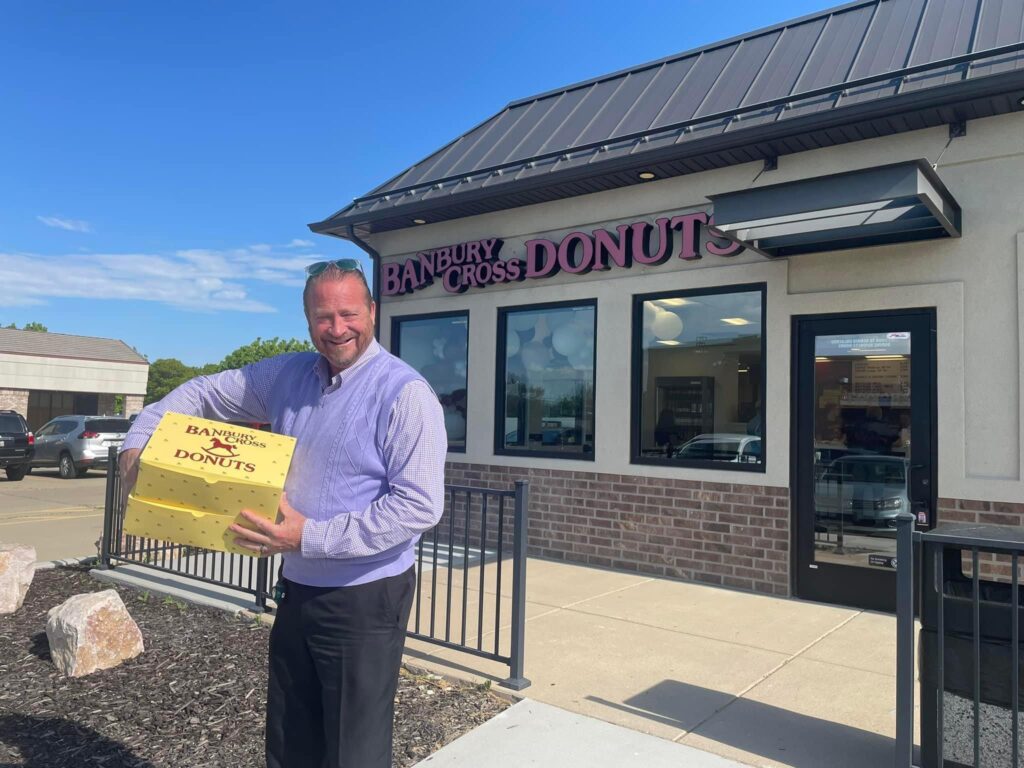

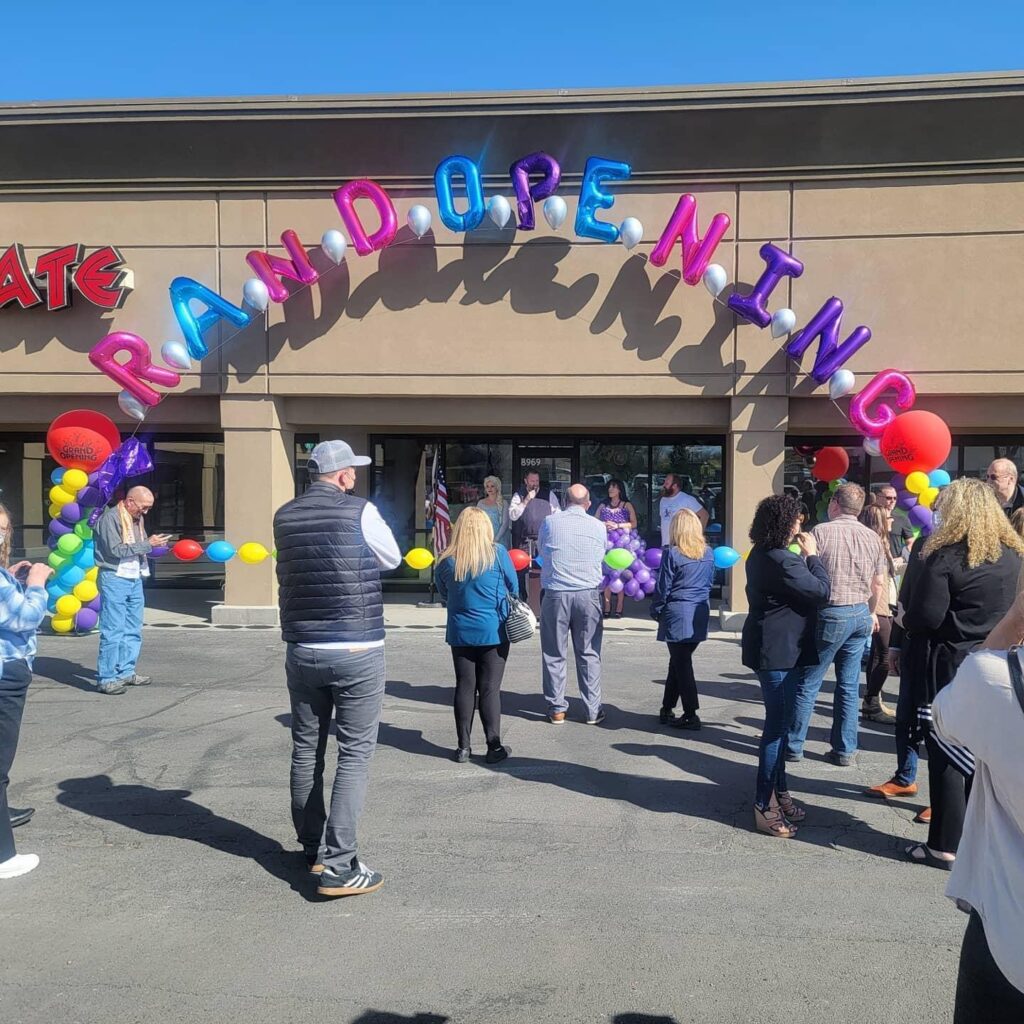
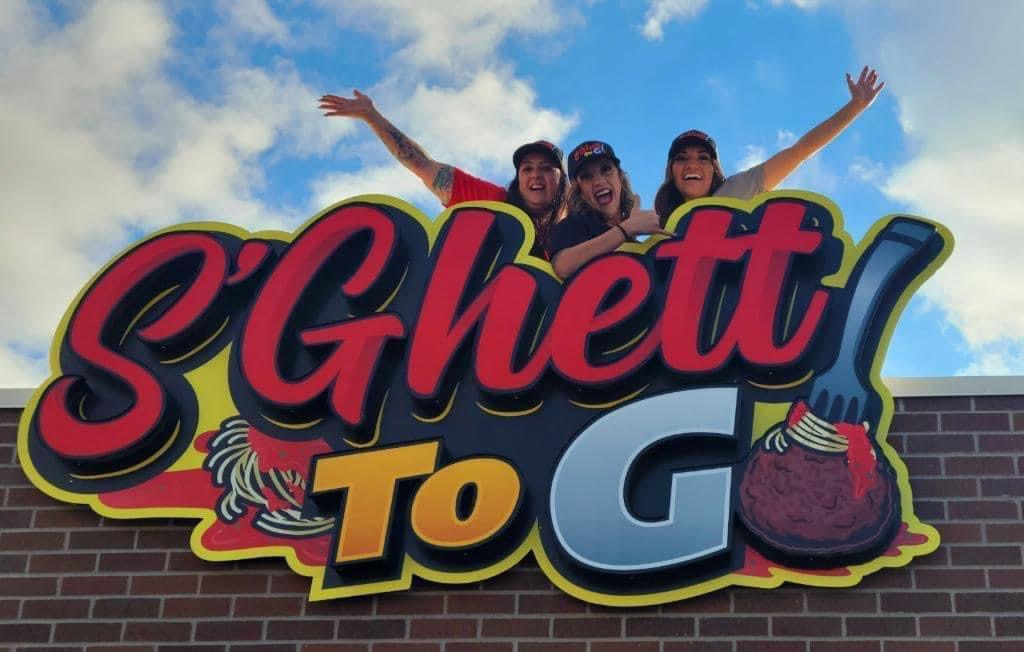
Choosing the Right Event Format
The event format is crucial in shaping the overall experience for organizers and attendees. There are various event formats to choose from, depending on the nature of your objectives and the preferences of your target audience. Here are a few popular event formats to consider:
- Conferences and Seminars: These formats are ideal for educational or industry-focused events. They often feature keynote speakers, panel discussions, and breakout sessions to provide valuable insights and networking opportunities.
- Workshops and Training Sessions: If your objective is to provide hands-on learning experiences, workshops and training sessions are a great choice. These formats offer interactive sessions where attendees can gain practical skills and knowledge.
- Networking Events: Networking events are designed to facilitate connections and foster professional relationships. They can take the form of cocktail parties, speed networking sessions, or industry-specific gatherings.
- Exhibitions and Trade Shows: Exhibitions and trade shows are perfect for showcasing products and services to a targeted audience. They provide opportunities for businesses to engage with potential customers and generate leads.
- Social Events: Social events, such as weddings, galas, or parties, focus on creating memorable experiences and celebrating special occasions. These events often involve entertainment, dining, and thematic elements to create a festive atmosphere.
Consider the objectives, target audience, and desired outcomes when selecting the event format. Each format has its unique requirements and considerations, so choose the one that best aligns with your goals and audience expectations.
Budgeting and Financial Planning for Events
Financial planning is a critical aspect of event planning. Without a well-defined budget, it’s easy to overspend or overlook essential expenses. Creating a comprehensive budget ensures that your event remains financially viable and that resources are allocated efficiently.
Start by estimating the total cost of your event. Consider expenses such as venue rental, catering, audiovisual equipment, decorations, marketing materials, and staff fees. Research industry standards and gather quotes from vendors to get an accurate idea of the costs involved.
Identify potential sources of funding. Determine if your event will be self-funded or if you need to seek sponsorships or donations. If you plan to charge attendees, set ticket prices that cover your expenses while remaining competitive.
Creating a contingency fund is also crucial to handle unexpected expenses or emergencies. Set aside a percentage of your budget for unforeseen circumstances, such as equipment failure or last-minute changes.
Throughout the planning process, track your expenses and adjust your budget accordingly. Regularly review your financial plan to ensure you stay within your allocated budget and make necessary adjustments. You can avoid overspending and maximize your resources by closely monitoring your finances.
Finding the Perfect Event Venue
Choosing the right venue is crucial to the success of your event. It sets the tone and atmosphere and can make or break the overall experience for your guests. There are several factors to consider when searching for the perfect event venue.
- Consider the venue’s capacity. You want to make sure it can comfortably accommodate all your guests. It’s always better to choose a slightly larger venue than you anticipate, as a cramped space can make guests feel uncomfortable.
- Location is key. Consider the venue’s convenience and accessibility for your guests. Is it easily reachable by public transportation? Are there nearby parking facilities? These factors can greatly impact attendance.
- Consider the venue’s ambiance and aesthetics. Does it align with the theme or purpose of your event? Does it have the necessary facilities and amenities, such as audiovisual equipment or a stage? Take a tour of the venue and envision how it will look on the event day.
Finding the perfect event venue may take some time and research, but it’s worth the effort. Remember to book well in advance to secure your desired date and negotiate the best rates. Your venue sets the stage for a memorable event, so choose wisely.
Event Promotion and Marketing Strategies for Planning and Executing Events
Once you have secured the perfect venue, it’s time to promote your event and generate buzz. Effective event promotion and marketing strategies are essential for attracting attendees and creating anticipation. Here are a few strategies to consider:
- Social media: Utilize popular social media platforms such as Facebook, Instagram, and Twitter to create event pages and share updates. Engage with your audience through captivating visuals, interactive posts, and behind-the-scenes sneak peeks. Encourage attendees to share their excitement and invite their friends.
- Email marketing: Build a targeted email list and send out regular newsletters to keep potential attendees informed. Highlight the unique aspects of your event, such as guest speakers or exclusive experiences. Offer early bird discounts or limited-time promotions to incentivize early registration.
- Influencer partnerships: Collaborate with influencers or industry experts who align with your event’s theme or target audience. They can help spread the word and generate buzz through their social media channels or blogs. Consider offering them complimentary tickets or exclusive access to enhance their involvement.
- Collaborations and cross-promotion: Partner with other businesses, organizations, or local influencers to expand your reach. Co-host events, offer joint promotions, or exchange guest blog posts to tap into each other’s networks. Cross-promotion can significantly increase your event’s visibility.
Remember to track the success of your marketing efforts through analytics and adjust your strategies accordingly. A well-executed promotion plan can significantly impact attendance and make your event a resounding success.
Ensuring Attendee Satisfaction and Engagement
The success of your event ultimately depends on the satisfaction and engagement of your attendees. A memorable and impactful event leaves guests wanting more and creates a positive reputation for future events. Here are some strategies to ensure attendee satisfaction:
- Personalization: Tailor the event experience to individual attendees whenever possible. Utilize data collected during registration or through event apps to offer personalized recommendations, customized agendas, or targeted networking opportunities. Attendees appreciate feeling valued and having their unique needs met.
- Engaging content and activities: Design a captivating program that includes informative sessions, interactive workshops, and engaging activities. Incorporate elements encouraging participation, such as Q&A sessions, live polls, or networking games. Keep the program dynamic and ensure a balance between educational and entertaining content.
- Seamless logistics: Pay attention to the logistical details to ensure a smooth and hassle-free experience for your attendees. Provide clear directions, ample signage, and helpful staff to guide guests throughout the event. Minimize waiting times for registration, food, or seating to maximize their time and enjoyment.
- Feedback and communication: Actively seek feedback from attendees during and after the event. Utilize surveys, comment cards, or interactive polls to gather their thoughts and suggestions. Respond to inquiries and concerns promptly to show that their opinions matter. Incorporate their feedback into future events to continually improve.
Follow up with attendees after the event, thanking them for their participation and requesting testimonials or reviews. Positive word-of-mouth is invaluable and can attract new attendees for future events. Aim to create an unforgettable experience that exceeds expectations and leaves a lasting impression on your guests.

R Marketing Event Planning
At R Marketing Department, we LOVE event planning and executing events. We have helped businesses in all industries find the help and support they need for their event to go off without any problems. We focus on helping to drive the public to the event and ensuring you and your team will have a great time growing your business! Here is just a sampling of our planning and executing events options:
Ribbon Cutting Ceremony
- Invite local Mayor, etc
- Coordinate with Chamber of Commerce and Local Networking Groups
- Create invitation/design
- Banners for the road
- Scissors and Ribbon
- Line up / Flag Raising – veterans / National Anthem
- Viral-photo plan
Grand Openings
- Press Releases all local media
- Massive push on Social Media leading up to the event
- Email Blast to zip codes surrounding the location
- Tv Segment – 4 minutes / linked to tv station web page and social media
- KSL email blast 50,000 homes zip codes.
- Podcast guest discussing the new location
- Back Drop/Red Carpet for Photos
- Rebranding Tools and Pivot Points
Event Planning Extras
- Spotify Radio
- Balloon arch for the ribbon cutting
- TV commercials
- Trinket Giveaways
- Past client video testimonials
- Blip Billboards
- Brochures
- Google Ads
- Facebook Ads
Call today to get started with our event planning team or reach out to us using our contact form.
